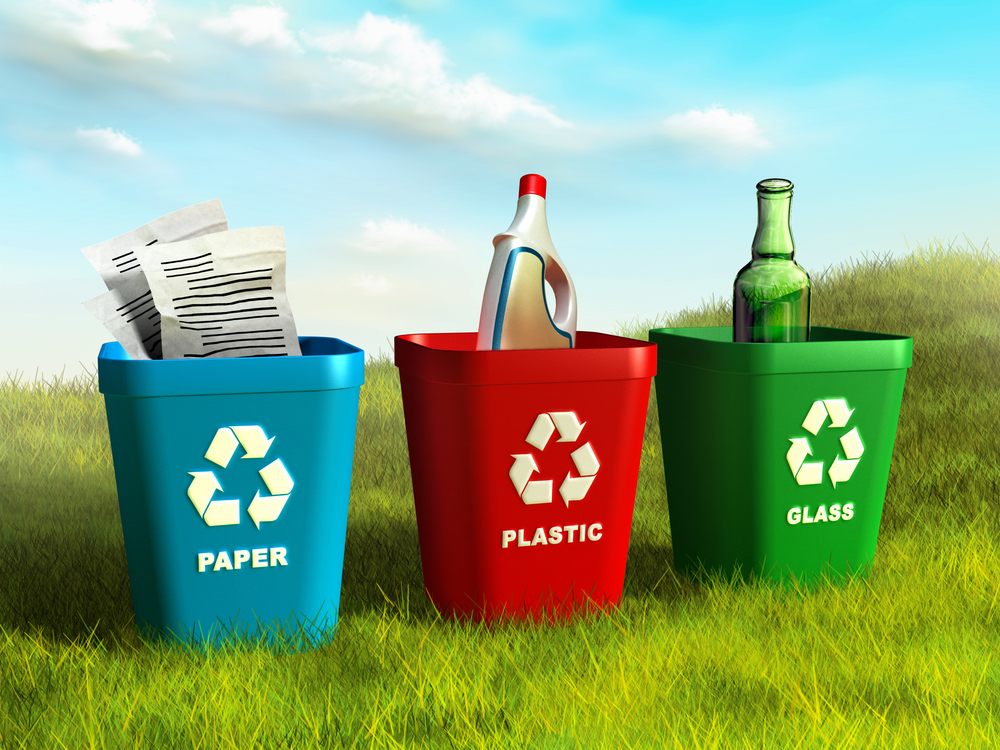In the quest for sustainability, the concept of “closing the loop” has emerged as a guiding principle, emphasizing the need to create circular systems where resources are reused, recycled, and repurposed. At the heart of this endeavor lies the intricate interplay between industry, trade, and recycling, shaping a path towards a more sustainable future. In this article, we delve into how industry and trade are embracing recycling to close the loop, forging a more environmentally conscious and economically viable paradigm.
The Evolution of Industry and Trade
Industry and trade have long been driving forces of economic growth and development, propelling nations forward through the exchange of goods and services. However, the traditional linear model of production and consumption, characterized by extraction, manufacturing, and disposal, has led to resource depletion, pollution, and waste accumulation. Recognizing the urgency of addressing these challenges, industries are increasingly turning to recycling as a means of transitioning towards a circular economy.
Unlocking the Potential of Recycling
Recycling lies at the heart of the circular economy, offering a sustainable alternative to the linear “take-make-dispose” model. By collecting, processing, and reintegrating materials back into the production cycle, recycling minimizes waste, conserves resources, and reduces environmental impact.In the quest for sustainability, the concept of “closing the loop” has emerged as a guiding principle, emphasizing the need to create circular systems where resources are reused, recycled, and repurposed. At the heart of this endeavor lies the intricate interplay between industry, trade, and recycling, shaping a path towards a more sustainable future. In this article, we delve into how industry and trade are embracing recycling to close the loop, forging a more environmentally conscious and economically viable paradigm. From plastics to metals, glass, and paper, recycling extends the lifespan of materials, closing the loop and creating a more sustainable system of resource management.
Industry’s Role in Closing the Loop
Industries play a pivotal role in driving the transition towards a circular economy through the adoption of sustainable practices and technologies. By incorporating recycled materials into their production processes, industries reduce their dependence on virgin resources and minimize the environmental footprint of their operations. Moreover, embracing recycling fosters innovation, as companies explore new methods for repurposing materials and designing products with recyclability in mind.
From automotive manufacturers using recycled plastics in car interiors to fashion brands incorporating recycled fibers into clothing, industries across sectors are increasingly integrating recycling into their value chains. This not only enhances their sustainability credentials but also meets consumer demand for eco-friendly products, driving market differentiation and competitive advantage.
Trade’s Influence on Recycling
The global nature of trade presents both opportunities and challenges for recycling. On one hand, international trade enables the exchange of recycled materials, facilitating the movement of resources across borders and supporting the circular economy. However, trade also poses logistical challenges, such as transportation emissions and supply chain complexities, which must be addressed to fully realize the potential of recycling on a global scale.
Moreover, trade agreements and policies can play a significant role in shaping recycling practices and market dynamics. By incentivizing the use of recycled materials and promoting sustainable trade practices, governments can encourage industries to prioritize recycling and invest in circular economy initiatives.
Charting a Sustainable Future
Closing the loop requires collective action and collaboration across industries, governments, and society as a whole. By embracing recycling as a cornerstone of sustainable development, industry and trade can pave the way for a more resilient, resource-efficient future. This entails investing in recycling infrastructure, promoting innovation, and fostering partnerships that enable the seamless flow of recycled materials across borders.
As we navigate the complexities of a globalized world, closing the loop on industry, trade, and recycling offers a roadmap towards a more sustainable path forward. By working together to create circular systems that minimize waste and maximize resource efficiency, we can build a world where economic prosperity is inextricably linked with environmental stewardship.




